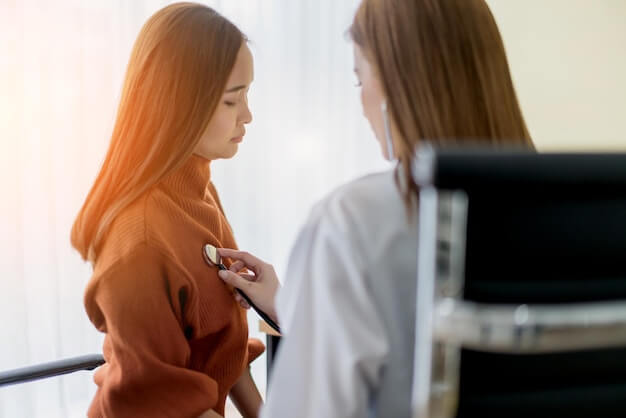When it comes to the breath detector, everyone will think of the thing used by the traffic police to check drinking and driving. For those who drink and drive, they will lose their temper when they see the breath detector. In fact, the gas exhaled by the human body has many characteristics. It can not only detect alcohol, but also reflect the health of the human body and detect some diseases. This breath detector introduced in this article can detect breast cancer, diabetes, lung cancer, Parkinson's disease, asthma, schizophrenia, kidney and liver failure and other diseases.

The breath detector is often used to detect drunk driving and help maintain traffic safety.
Soon, a new type of breath detector will appear on the market. It will become smaller and more sensitive, but it is not used to detect drunk driving, but to detect physical diseases.
According to ABC News, Noushin Nasiri, a material engineer at Sydney University of Science and Technology, is currently working hard to develop the world's smallest breath detection sensor.
Nasiri was born in Iran. He hopes to find out the secret behind the smell of dogs, because we know that dogs are very good at detecting various changes in the human body. Her plan is to put professional software on a disk that can be inserted into a smartphone to analyze a person's breath and tell them if they have detected any disease.
"Any change in your body will produce a biomarker, because it has a high vapor pressure, and biomarkers can come out of your body through your urine, sweat, tears, saliva or breathing." Nasiri told ABC News.
Nasiri pointed out that cancer itself is not terrible, but the terrible thing is that it cannot be detected so late that it reaches the terminal stage.
In addition to breast cancer, other diseases that can be detected by breathing include diabetes, lung cancer, Parkinson's disease, asthma, schizophrenia, kidney and liver failure.
Nasiri believes that her breath detector will be on the market within three years.
"At this stage, our goal is to find four to eight diseases, which is very difficult," she said
Her goal is to enable the breath detector to detect up to 10 diseases at a time and send the results through the application on her mobile phone.
